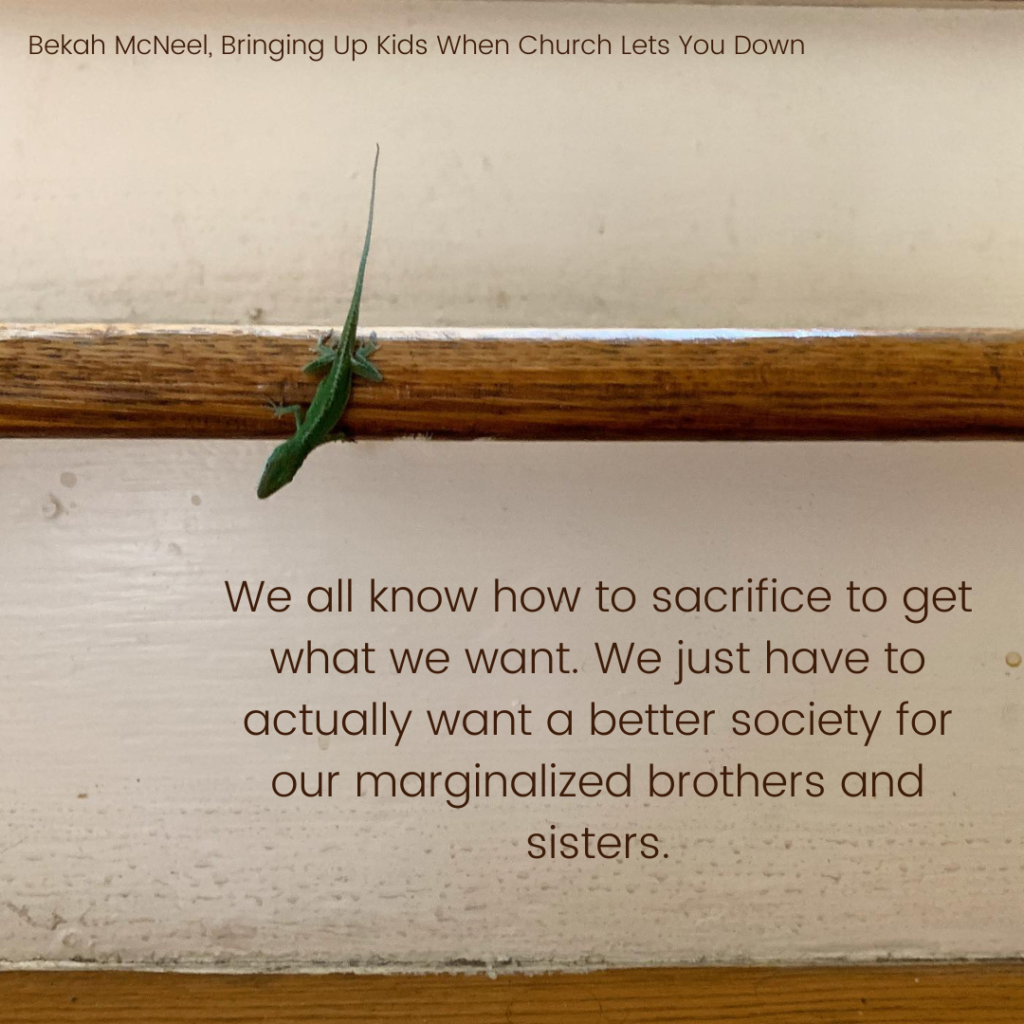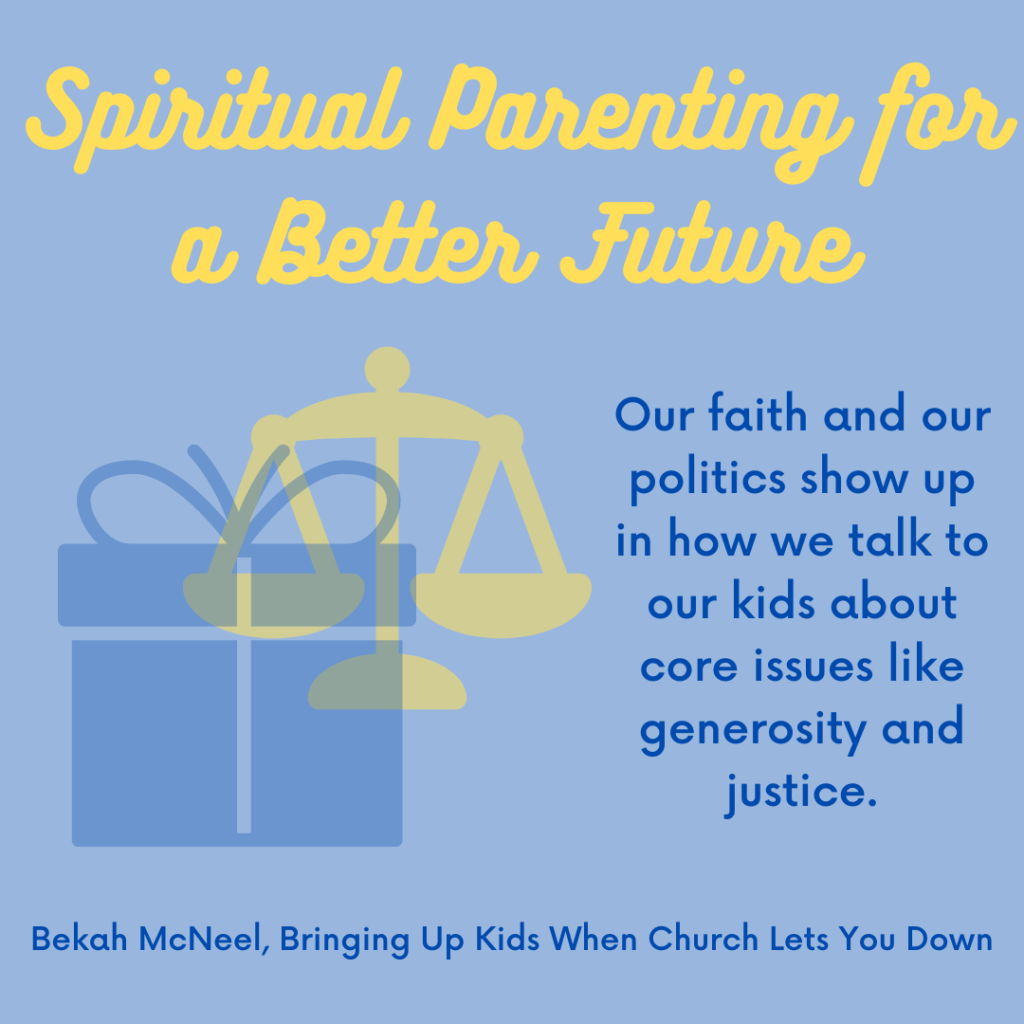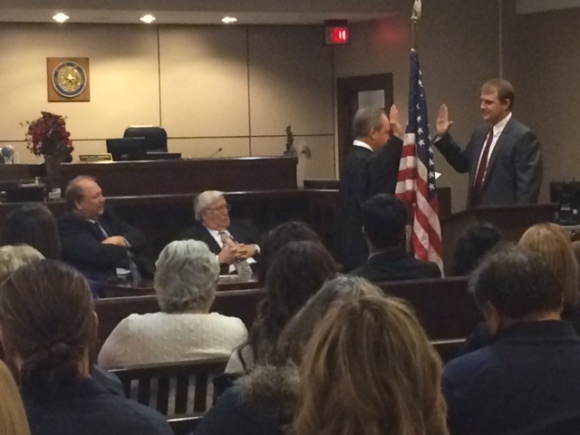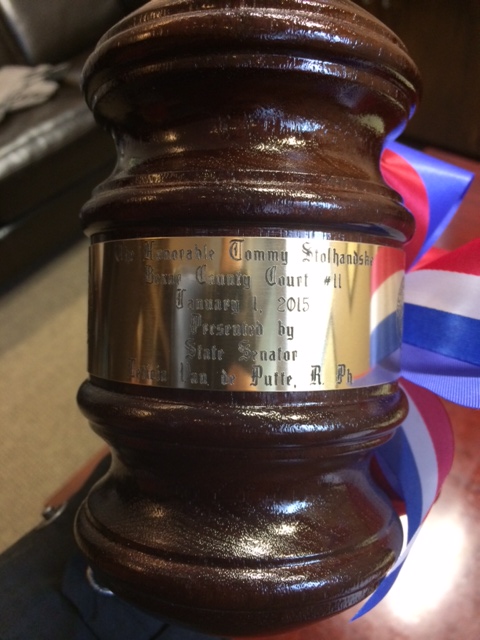The Notion of the Nation

Not a lot buzz around the 4th of July this year, eh? (Hear that? I’m practicing my Canadian, just in case)
The holiday has trended progressively downward throughout the Trump era and COVID, but this year, especially with the shooting Highland Park, really felt like new low in the patriotic feelings department.
Sentiments seem to range from “what has happened to us?” to “this is the logical conclusion.” I’m team logical conclusion. I think this is the payout of long ago investments.
I’m supposed to say “I’m an optimist” and look for something in our national DNA that gives me hope. I’m not your girl for that. I have hope, but it has nothing to do with the nation. When it comes to the national imagination—who we think we are—I have to admit, the last 20 years have been a steady journey toward contempt. I think the United States has had a really unhelpful national imagination—one that paints itself as inherently just and thus endlessly justified in its pursuits— and I’m not sorry to see it challenged. I’m sad it’s required so much pain, but sobriety is long overdue.
State vs. Nation
First: I’m not ambivalent about the struggles at hand. I share the concern that we are setting up an unstable society where people’s needs aren’t met, but they are fully armed. Where compassion isn’t part of the equation, leading to more desperation and death. Where no one stops the greedy from ruining the air we have to share. I too share concern about the effect of the State on people.
It’s the *nation* I’m not mourning. The State is the system of laws and boundaries that govern so much of our lives. The nation is way we conceive of “who we are”—what language do “we” speak? What values do “we” hold? How do we define “we”? Who’s excluded from “we”? The nation is a shared imagination (s/o to Benedict Anderson).
Nation and State obviously speak to each other. Someone’s national imagination inevitably shows up in the State’s laws and systems. Who can vote, what family structures are recognized, what holidays we celebrate, what will the government provide to whom, etc. The majority can, in a democracy, still coalesce around a new imagination enough to have some effect, though that seems to be increasingly in question. Judges’ national imaginations have a profound effect on the laws of the state, because they are the interpreters.
The equal protection clause of the 14th amendment is the perfect example of this: the application, the creation of laws and policies that have the power to compel and limit our actions, is determined by competing imaginations of equality, protection, and the purview of the law—all critical pieces of what it means to be part of the nation.
The national imagination is described in abstract terms like “liberty and justice for all” “freedom” and “life” that can be used by politicians to frame or reframe their agenda the State. To seek to build not consensus, but a majority. E pluribus 51%, amiright?
Imagination vs Reality
One problem, for me, is that allegiance and sentiment demanded by American imagination can cloud our assessment of the nitty gritty reality of the State’s power over people. The question “is America a free nation” is unanswerable. Is universal healthcare or gun control “unamerican”? My problem is that I don’t care. I’m more interested in how we address particular sufferings than in whether our remedies fit within a national imagination.
Similarly, I think the vague language of nationalism obscures the scope of the State’s action and inaction. It makes it difficult to see where there’s more work to be done. That’s why we must be specific with the State, not lulled to sleep by the nation.
The 19th amendment strengthened the American imagination of itself as a land of equality. But a State where women vote is not the same as a nation where men and women are equal. A State where slavery is illegal is not the same as a nation where white and Black people have equal opportunities. A State where a child cannot be employed to work 60 hour weeks is different than a nation where every child has what they need to thrive. A State’s desegregation order is not a nation’s integrated future.
So we can imagine that we are safe and peaceful people, but that’s debatable as long as people keep getting massacred in classrooms, supermarkets, and parades. We can imagine that we live in a land of opportunity, but that statement needs an asterisk as long as people are dying in trailers while others are making billions.
“Who we should be” as a nation is about the various imaginations vying for power. “Who we are” is about the reality the winners create. Which is why I cannot get misty eyed when various powers project their imagination of the nation. I cannot pledge allegiance to a symbol that can mean so many different things in reality.
Conservative vs. progressive are to some degree describing imaginations, though conservative imagination inherently has an easier time, because it’s pointing to something that has already existed, while progressive imagination has, by definition, never been realized. But both conservative and progressive political agendas try to stake claim on the nation America imagines itself to be.
I’m not a political scientist, so this might just be a “from where I sit” observation: I do think conservatives are winning the imagination fight. Progressives tend to get attached to specific policies that stoke disagreement. Conservatives, at least lately, have latched onto the general idea of Making America Great Again, which is flexible enough to include all sorts of specifics while reinforcing the general nationalist imagination of us vs. them. And winning the imagination game led to a stacked Supreme Court, which has pretty big effect on the reality of the State.
That’s why, as skeptical as I am about the American national imagination, influencing it is not a bad desire. The 1619 Project is a great example of that reforming impulse. As are efforts to link veterans’ sacrifice to their right to healthcare. Those trying to make good laws can’t get them passed unless the nation sees itself accordingly. A nation is not a bad thing to build…
Us vs. Them
…as long as we aren’t looking to the nation to define who is worthy of our love and care. As long as we aren’t letting any nation overrule our conscience to tell us what is right and wrong. As long at the nation is our context and not our content.
Too often though, our national imagination leads us to define an “us” and a “them” beyond what I can tolerate. I cannot shed a tear for the American imagination when I stopped sharing it so long ago.
What gives me hope is the ability of humanity to love without “us” and “them.” The unity of life in God. The fellowship with a common Spirit. Sometimes this hope aligns with a State action as it renders aid or takes step toward justice. Sometimes hope is what leads to critique or protest.
I do not love the people of the United States any more or less than the people of South Africa or Brazil or India. I do not value land preservation in the United States more than in Iceland, Argentina, or Mongolia. I refuse to let nationalism be a weighting factor in whose suffering matters to me. Why would I trace the outline of the United States around my heart and then trim off everything around it?
But I do need to love the people in the United States as well, and because of both State and nation, there are things I can do specifically for these nearest neighbors. Loving the people of United States means caring about the laws that affect them. So I vote and protest and write and do all those other things.
None of that requires me to feel any which way about the nation itself. None of that requires me to pledge allegiance.






